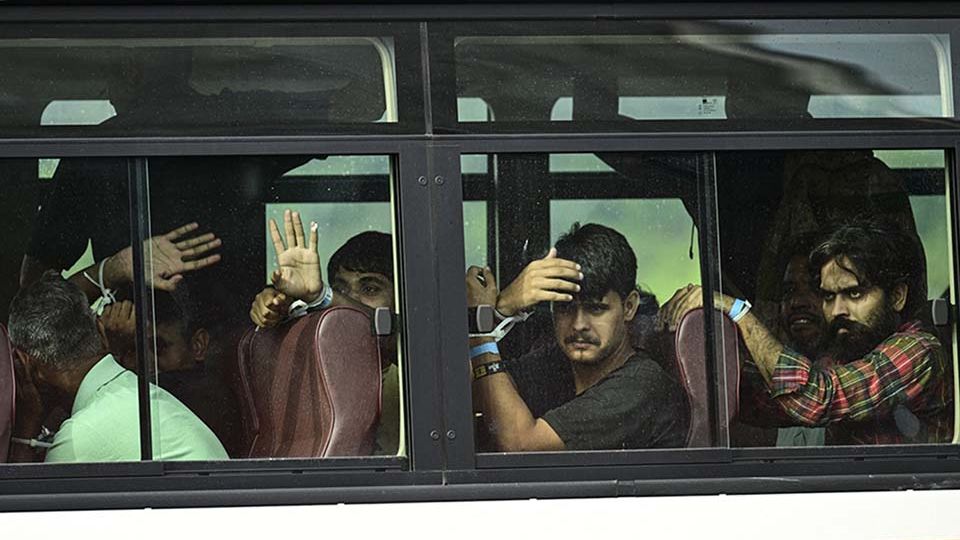June 5, 2025
NEW DELHI – The recent wave of deportations of Indian nationals from the United States should serve as a sobering moment for both aspiring migrants and policymakers in India. Over a thousand individuals have been returned to Indian soil in just a few months ~ some under circumstances that border on humiliation, including shackling during transportation. The situation underscores not just the hardening stance of US immigration enforcement, but also a deeper issue: India’s failure to confront the socio-economic drivers that push its citizens into undocumented migration.
At the heart of this lies a mix of desperation and aspiration. Thousands of Indians, often from economically vulnerable regions, are lured by the idea of a better life in the West ~ better jobs, better pay, better futures. Many undertake arduous journeys via Latin America, entrusting their lives to smuggling networks and ending up entangled in the harsh machinery of US immigration control. When caught, they are not only deported but branded as violators of law, jeopardising their chances of future legal migration. While the United States, like any sovereign nation, reserves the right to enforce its borders, the Indian state must also introspect.
The rising number of illegal entries speaks volumes about the inadequacies in our own economic and educational systems. There is an urgent need for stronger livelihood opportunities within India, especially in rural and semi-urban regions where the lure of escape is strongest. Migration should not be a forced economic survival tactic ~ it should be a choice born out of global opportunity, not domestic failure. The growing trend also exposes a troubling gap in public awareness. Too many migrants leave without fully understanding the legal risks, consequences, or even the basic requirements of immigration.
A nationwide public education campaign ~ led by both government and civil society ~ is essential to counter misinformation and prevent exploitation by traffickers. Moreover, Indian authorities need to develop a more structured and humane response to the deportation crisis. These returnees are often left to deal with legal, financial, and psychological trauma with little institutional support. Reintegration policies are either non-existent or ad hoc, forcing many to consider repeat migration attempts. A formal mechanism to assist deportees, including legal aid, counselling, and skill development, is long overdue.
Equally concerning is the tightening of US visa norms for students, including from India. While countries have every right to revise their immigration policies, Indian students ~ who contribute significantly to the US economy and academia ~ deserve transparent, merit-based consideration. The growing suspicion surrounding foreign students, including intrusive social media scrutiny, risks damaging an otherwise strong educational partnership. Ultimately, this situation demands more than diplomatic damage control. It calls for a long-term strategy that balances aspiration with realism, and sovereignty with human dignity. India must invest in creating opportunities at home, strengthen legal migration pathways, and protect the rights and futures of its global citizens ~ whether they are entering, returning, or simply hoping.


